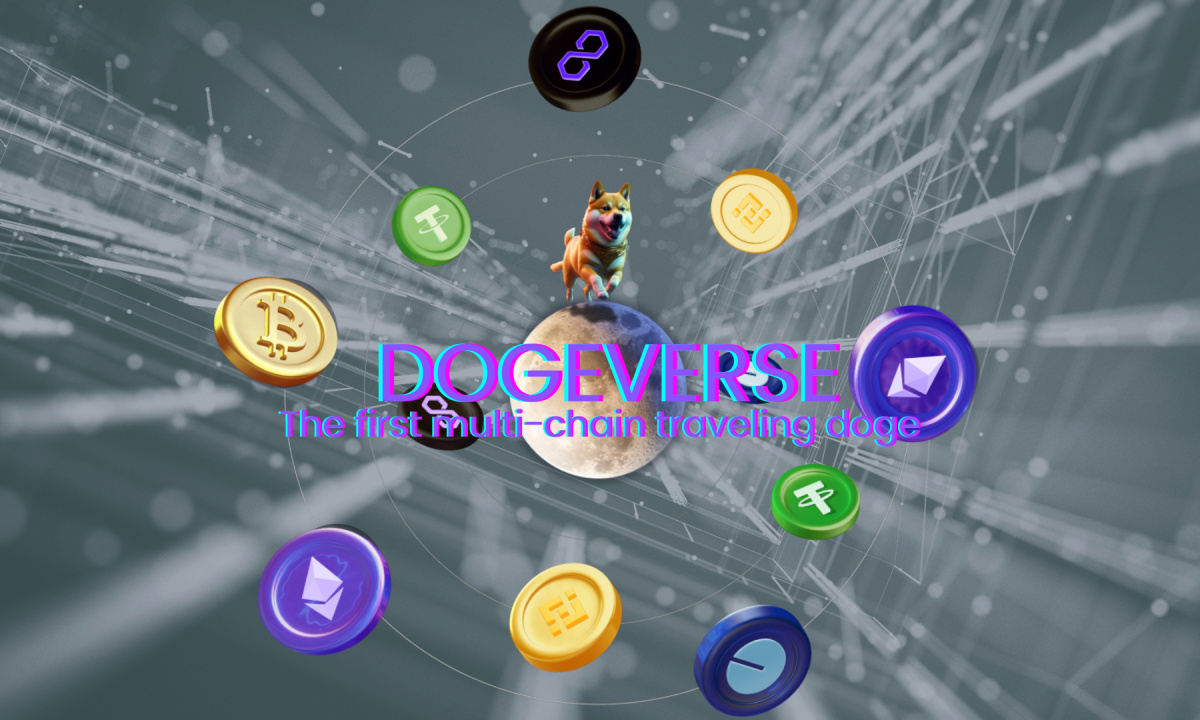With cryptocurrency and crypto payments becoming more and more popular by the day, this directly translates to more people looking to enter the world of cryptocurrency. For most, this will be through a light wallet, which is arguably the easiest and most cost-effective way for someone to store and trade crypto coins.
There are dozens of wallets and light wallets available on the market which are all looking to attract the attention of potential users. This can become quite daunting and rather confusing for the average person to pick a wallet that fits their needs, as there are so many options. Picking a wallet that fits your needs is probably the most important factor when it comes to choosing your crypto wallet.
If you are looking for a ‘top 10 list of best crypto wallets’ this is not it. Rather, I’ve decided to do a wallet comparison of 3 wallets at 3 different stages with regards to development and popularity. I believe that this is an interesting way to see the performance of 3 different wallets and get an insight as to what direction light wallets are moving towards in today’s market.
The 3 wallets I will be comparing are:
Coinbase - A well-known, popular light wallet that has been established in the market
Lumi Wallet - A relatively new light wallet looking to expand its market share
Sapien Wallet - A light wallet in its pre-launch phase
Coinbase
Coinbase is probably one of the most, if not the most popular light wallet on the market as of the time of writing, to the point where it is almost synonymous with the word ‘light wallet’ itself. Created by the digital currency exchange company of its namesake in 2012, Coinbase has the advantage of not only popularity but the backing of a multi-billion dollar company.
As an advantage, Coinbase boasts a multi-signature and two-factor authentication support, this means that the wallet has the most secure technology for light wallets and cannot be compromised electronically. Not only will the attacker need to gain physical access to your wallet, but they will also need access to your digital information to compromise your wallet. Because Coinbase is created by a multi-billion dollar cryptocurrency exchange, it comes to no surprise that it not only offers fantastic service but offers multi-cryptocurrency support and even Fiat currency support too. The light wallet supports a total of 15 cryptocurrencies and over 50 Fiat currencies.
However, Coinbase is not without its flaws. The most obvious one that crypto enthusiasts may point out is the invasive sign-up process which requires the user to enter a username, password and verify an email address and mobile phone number. Also, your private and public keys are stored on a centralized server on Coinbase and therefore is a vulnerability that attackers can leverage. These are 2 weaknesses of the wallet that many crypto users will take issue with since this is adding an element of centralization and lack of privacy to their ability to use crypto on the Coinbase platform.
Overall, the Coinbase wallet is a simple, reliable, secure light wallet, but perhaps has a user verification policy that isn’t very attractive to some crypto users.
Lumi Wallet
Lumi Wallet (https://lumiwallet.com/) was founded in 2017 by Lumi Wallet Ltd, based in Cyprus. A relatively new wallet, it has had the time to observe the market and its competitors and implement them in their light wallet. Along with its mobile and web application, Lumi Wallet is open-sourced, meaning anyone can contribute to its codes.
After having downloaded and explored some of the features of the Lumi Wallet, it is clear that it is a very user-friendly light wallet with a good design. This applies both to their web and mobile application. This is also the overall consensus of those who have used this light wallet - that it is suitable for beginners and advanced crypto users alike. Lumi Wallet also offers vast support of cryptocurrencies, up to 1200 according to their official website, which is an attractive proposition to many crypto enthusiasts. Something else the crypto enthusiasts may enjoy is their lack of a KYC policy - they do not ask for any personal information from users when registering your wallet, simply record your 12 mnemonic phrases and you’re good to go.
Some users of the Lumi Wallet have complained about their fees that apply to some transfers or exchanges of crypto that they were unaware of. Also, there are a considerable amount of complaints regarding the withdrawal process, stating that they were unable to withdraw their funds from the wallet due to a litany of bugs and errors. When it comes to their web client, a critical error was pointed out by Daniel Staudigel, the blogger responsible for this medium post who claims that the mnemonic phrases on the Lumi Wallet web client are stored on a centralized server. This presents a very dangerous vulnerability that malicious attackers may exploit to steal Lumi Wallet’s user’s crypto.
To sum up, Lumi Wallet seems to be a wallet designed for the masses, that is relatively secure and caters to the demands of the current crypto market. This is refreshing to see, that wallets that are released more recently are more reflective of the user’s needs.
Still in its startup phase and looking to launch their light wallet application on Android next month, Sapien Wallet is the 3rd wallet which will be reviewed in this article. Based in Kyiv, Ukraine, Sapien Wallet was an interesting case since they had decided to add new features to the humble light wallet that has not been observed on existing light wallets. The developers at Sapien Wallet were kind enough to send over a prototype that they had been working on for the review.
The first thing to note about the Sapien Wallet is that they store their data on a decentralized network, similar to a blockchain. The reasoning behind this is to make sure that all of the user data and private information is not stored on a centralized server, leading to a vulnerability that plagues many of today’s light wallets. The user interface is pleasant and very well designed leading to an ultra user-friendly experience, meaning that even user’s who are not particularly tech-savvy are able to use their application. Sapien Wallet also has an adamant ‘No KYC’ policy upon registration, going the same mnemonic phrase route as Lumi Wallet. Something that was particularly interesting on their light wallet was their very own Human Rating platform. After reading the explanation on their website, this Human Rating is calculated by collecting rating and review data from users after they have completed a transaction with one another. This data is then used to calculate a rating out of 5, which the Sapien Wallet team has told us “indicates a person’s level of quality and trustworthiness” - a breath of fresh air and a fantastic idea, especially in the world of crypto, which is full of scammers and those looking to leverage the technology for their own selfish gains.
The main drawback that can be taken from the Sapien Wallet is their limited support of different crypto coins - the ones featured on their light wallet include Bitcoin, Ethereum, ERC tokens, Sapien Cash, and USDT. However, since this light wallet is pre-launch, it would be unlikely for them to include a huge variety of crypto coins, something that their team has expressed will be added to future versions. Something else to consider is that mobile phone number verification is needed before users activate the rating or chat functions of the application - which leads to anonymity concerns.
To be frank, the Sapien Wallet seems to be the most innovative of the three, adding features that do not exist on other light wallets along with a design that is suitable for mass use. Though, still in its pre-launch phase at the time of writing, certainly, one that has great potential and should be looked out for.
Investment Disclaimer







